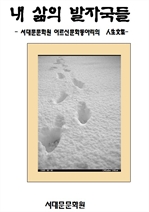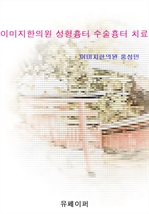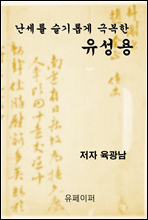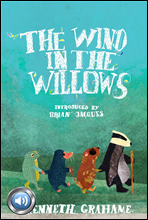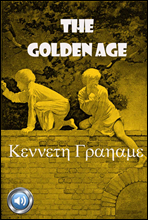
황금시대 (The Golden Age) 들으면서 읽는 영어 명작 366
- 저자
- 케네스 그레이엄 (Kenneth Grahame) 저
- 출판사
- 유페이퍼
- 출판일
- 2016-10-13
- 등록일
- 2017-06-07
- 파일포맷
- EPUB
- 파일크기
- 6MB
- 공급사
- YES24
- 지원기기
- PC PHONE TABLET 웹뷰어 프로그램 수동설치 뷰어프로그램 설치 안내
책소개
--------------- 오디북 북 + 이북 = 입체전자책 ----------------- - 전자책과 오디오북이 하나로 합쳐진 입체전자책 - 영어 학습을 위한 최고의 입체 전자책입니다. - 읽으면서 한 번의 클릭으로 동시에 듣습니다. (크롬 환경 최적격) - 주제(Chapter) 마다 한 번의 클릭으로 편리하게 들을 수 있습니다. - 핸드폰도 편리하며 CD가 필요 없습니다. - 추천작이며 엄선된 작품입니다. - ★ 보이스 전체를 다운로드 받아서 편리하게 들을 수 있습니다 ★ ------------- Audio book + e book = solid book -------------- ★ 부록에 『영문학 역사 (ENGLISH LITERATURE) 』- 첨부 / 4500원 (보이스 있음) 영미문학에서는 기본적으로 읽어야 하는 책입니다. 아직도 많이 읽히고 있으며 영어 공부를 하거나 영어 상식으로 충분히 가치있는 책입니다. ----------------------------- 아동문학가라는 호칭처럼 황금시대도 아동문학을 위한 내용이다. 황금시대란 물질적 존재가 아니라 아린시절이 황금시대라는 것이다. 그가 쓴 뛰어난 작품처럼 황금시대도 만족시켜줄 것이다. The Golden Age Kenneth GRAHAME (1859 - 1932) The Golden Age is a collection of reminiscences of childhood, written by Kenneth Grahame and originally published in book form in 1895, in London by The Bodley Head, and in Chicago by Stone & Kimball. (The Prologue and six of the stories had previously appeared in the National Observer, the journal then edited by William Ernest Henley.) Widely praised upon its first appearance?Algernon Charles Swinburne, writing in the Daily Chronicle, called it “one of the few books which are well-nigh too praiseworthy for praise”?the book has come to be regarded as a classic in its genre. Typical of his culture and his era, Grahame casts his reminiscences in imagery and metaphor rooted in the culture of Ancient Greece; to the children whose impressions are recorded in the book, the adults in their lives are “Olympians,” while the chapter titled “The Argonauts” refers to Perseus, Apollo, Psyche, and similar figures of Greek mythology. Grahame’s reminiscences, in The Golden Age and in the later Dream Days (1898), were notable for their conception “of a world where children are locked in perpetual warfare with the adult ‘Olympians’ who have wholly forgotten how it feels to be young”?a theme later explored by J. M. Barrie and other authors. (Summary by Wikipedia) G

